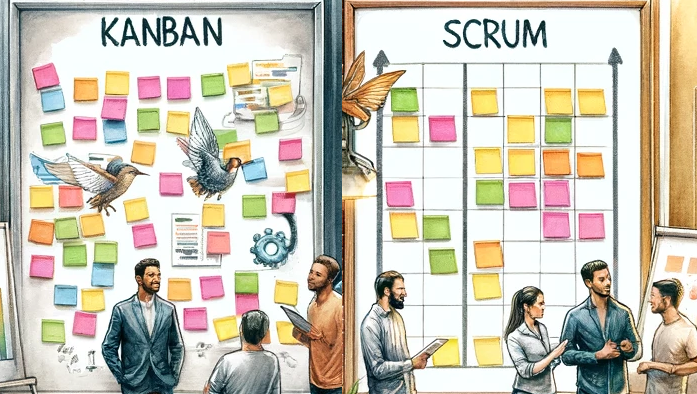Kanban is better for projects with changing priorities, while Scrum is more suited for projects with defined requirements and deliverables. If continuous delivery is essential, Kanban might be the better choice. For projects benefiting from iterative development, Scrum is preferable.
Tuesday, November 28, 2023
Kanban vs. Scrum
Kanban is highly flexible with no fixed timeframes. In Scrum, work effort has to be estimated and organized into fixed-length iterations, known as sprints, typically lasting 2-4 weeks.
Sunday, November 12, 2023
The Case Against Education
"The Case Against Education: Why the Education System Is a Waste of Time and Money" by Bryan Caplan argues that a significant portion of education is not about acquiring useful job skills, but rather about signaling to employers. Caplan suggests that much of education's value comes from the signal it sends about a student's intelligence, conscientiousness, and conformity, rather than from the skills and knowledge they acquire. He believes that this signaling explains why employers value degrees even in fields unrelated to the job. Caplan also argues that this focus on signaling leads to a waste of resources and time, as students are made to learn subjects that are not directly useful to their future careers. He suggests that a more efficient educational system would focus more on vocational training and less on traditional academic education. He dispels many arguments that are taken for granted by looking at actual numbers.
Subscribe to:
Posts (Atom)




